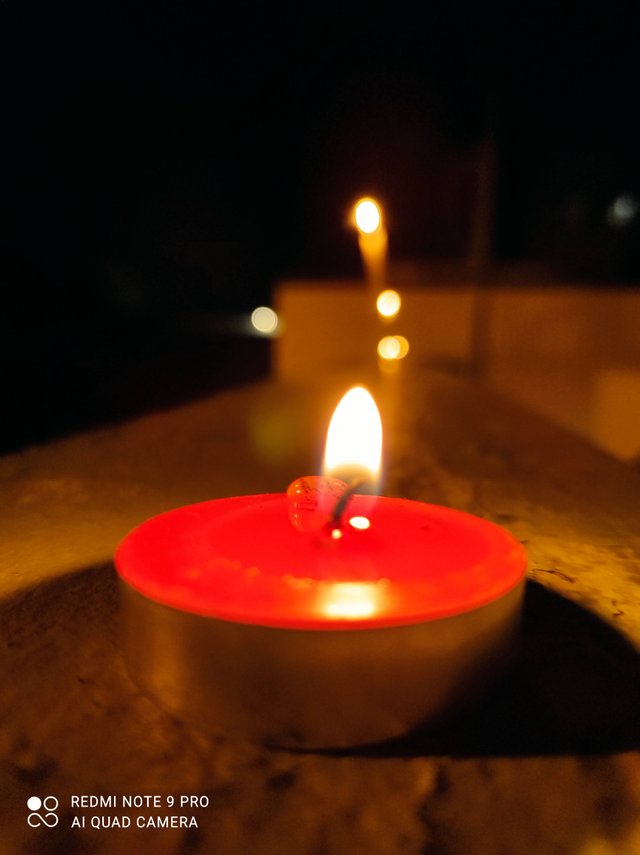The Festival of Lights: Understanding the Significance of Diwali
Diwali, also known as Deepavali, is one of the most celebrated festivals in India and among Indian communities worldwide. This auspicious festival is deeply ingrained in the cultural and religious fabric of various communities, and it holds a special place in the hearts of millions. Let's explore the reasons why people celebrate Diwali and the significance it holds.
Spiritual Renewal: Diwali is often considered a time for spiritual renewal. It's the victory of light over darkness, good over evil, and knowledge over ignorance. People believe that lighting lamps and diyas during Diwali symbolizes the removal of spiritual darkness and the ushering in of new beginnings.
Historical and Mythological Significance: Diwali has several mythological stories associated with it. The most famous one is the return of Lord Rama to Ayodhya after his 14-year exile and victory over the demon king Ravana. This story signifies the triumph of righteousness and the celebration of good deeds.
Goddess Lakshmi: Diwali is dedicated to the worship of Goddess Lakshmi, the goddess of wealth and prosperity. People believe that welcoming and appeasing Goddess Lakshmi during this time brings good fortune to their homes and businesses. Many businesses start their new financial year on Diwali, hoping for a prosperous year ahead.
Family and Community Bonding: Diwali is a time when families come together, share festive meals, exchange gifts, and enjoy each other's company. It strengthens the bonds within families and communities, fostering a sense of unity and togetherness.
Cultural Diversity: Diwali is celebrated by people from diverse backgrounds, including Hindus, Jains, Sikhs, and Buddhists. Each community has its own unique way of celebrating Diwali, making it a vibrant and culturally rich festival that promotes understanding and respect among different groups.
Victory of Light: The lighting of lamps, diyas, and candles during Diwali is not only symbolic but also literal. It's a time when streets, homes, and public places are illuminated, spreading joy and dispelling darkness. This is also a way of celebrating the victory of light, knowledge, and enlightenment.
Renewal of Relationships: Diwali is a time for forgiveness, reconciliation, and the rekindling of relationships. People often use this occasion to reach out to friends and family members they might have lost touch with, mending broken bonds and starting anew.
Cleansing and Purification: Diwali is not just about external celebrations; it also involves inner purification. People clean and decorate their homes to welcome the goddess of wealth, but this practice also symbolizes the cleansing of the mind and heart, removing negativity, and making way for positivity and clarity.
Festival of Giving: Diwali is a festival of generosity. People give gifts, donate to charities, and share their wealth with those in need. This spirit of giving and compassion is an integral part of the festival and reinforces the values of empathy and kindness.
Fireworks and Joy: While the environmental impact of fireworks has become a concern in recent years, they have traditionally been a part of Diwali celebrations, symbolizing the joy and enthusiasm that accompanies the festival. Bursting fireworks also signifies the victory of light over darkness, and it's a source of delight, especially for children.
Feasting and Delicacies: Diwali is a gastronomic delight. Families prepare an array of traditional sweets and savory dishes. The joy of sharing these special treats with loved ones and neighbors adds another layer of celebration to the festival.
Symbol of Diversity: Diwali is a testament to the diverse and pluralistic nature of Indian culture. Its celebration by various religious communities underscores the coexistence of different traditions, languages, and beliefs, fostering a sense of unity and shared identity.
New Beginnings: Just as the lamps dispel darkness, Diwali is often seen as an opportunity for personal growth and new beginnings. It's a time for setting goals, making resolutions, and embarking on a journey of self-improvement.
Time of Reflection: Diwali allows people to reflect on their lives, values, and aspirations. It prompts contemplation on one's actions and encourages a commitment to living a life filled with goodness, compassion, and integrity.
Global Celebration: While Diwali has its roots in India, it has transcended borders and gained recognition worldwide. People of different nationalities and cultures now join in the celebrations, promoting cultural exchange and showcasing the beauty of Indian traditions to the world.
In summary, Diwali is celebrated for its spiritual, cultural, and social significance. It's a time of hope, joy, and positivity, where people come together to celebrate the triumph of good over evil and to welcome prosperity into their lives. It's a beautiful festival that brings light to both the literal and metaphorical aspects of our lives.
